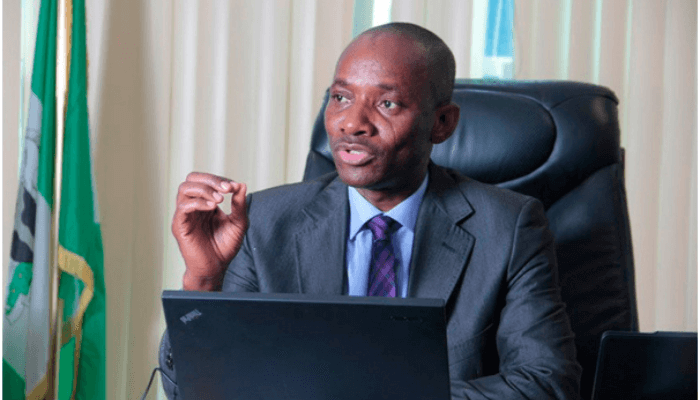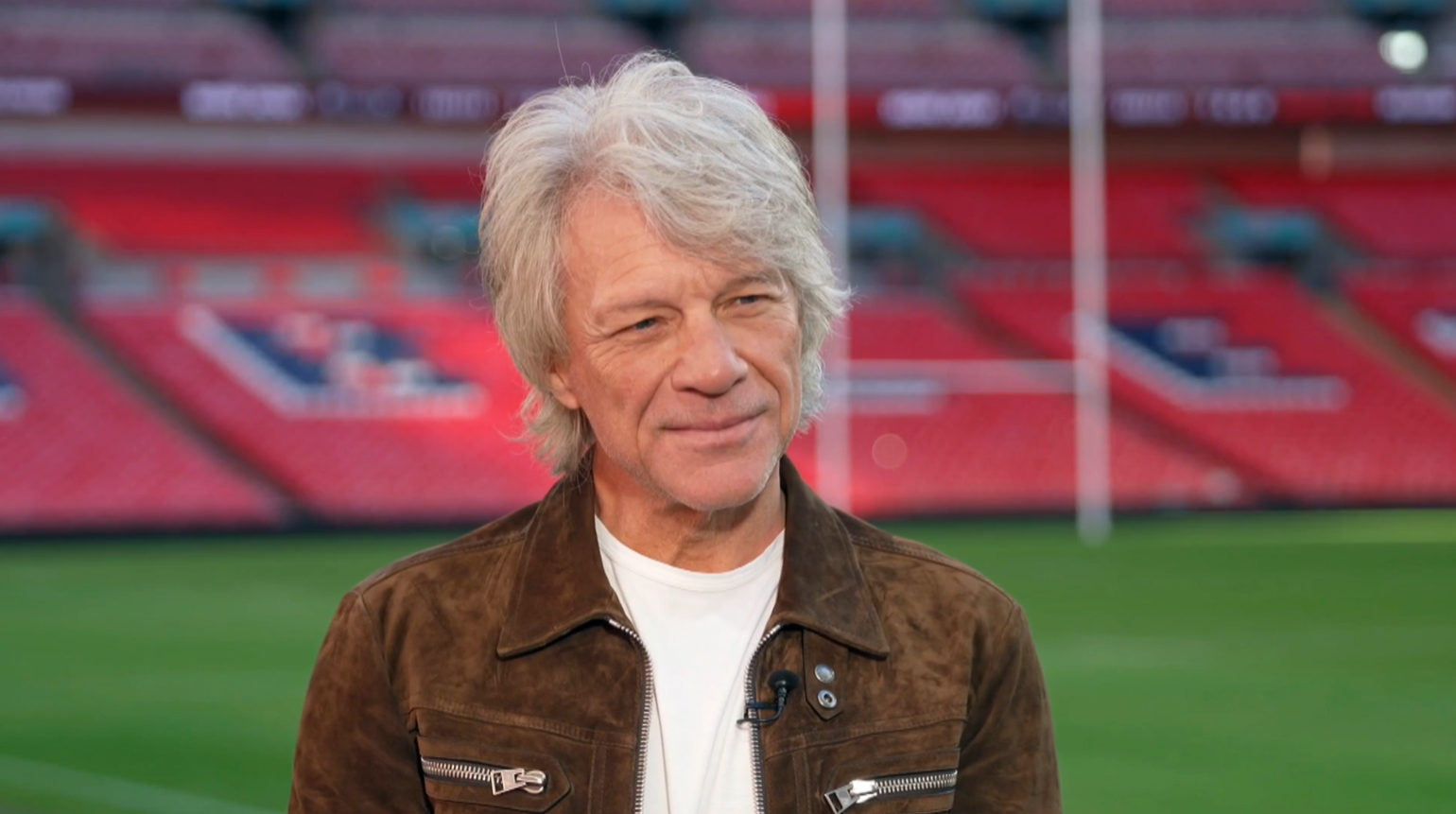Copyright businessday

Sam Amadi, a former Chairman of the Nigerian Electricity Regulatory Commission (NERC), has decried the ongoing moves to amend the Electricity Act, cautioning that such quick fixes threaten the fragile progress and stability of the nation’s power sector. Amadi stated this while speaking at the 10th anniversary of the Association of Power Generation Companies of Nigeria in Abuja on Monday. He emphasised the need for patience, resilience, and a commitment to refining the existing model rather than resorting to a disruptive, “destroy and reconstruct” model. He warned that hastily amending the Act would ultimately fail to solve the fundamental problems plaguing the sector, particularly liquidity and the lack of investment in the network. “I want to make a point around the tendency for us to want to solve problems quickly. We have started the creation of states electricity markets, the subnational market. In my view, it was rushed; in my view, there are many dimensions we did not factor. But since we are on this trajectory, we should not abort it by trying to claw back. “What am I trying to say specifically? I understand there are those who are pushing for some amendment to the Electricity Act. I think that we should accept that there will be failure and success. “We should accept that building this electricity market will be a trial and error. We should not be too inoculated around failure that once we start an experiment, we try to go back again, back and forth. If there’s trouble, we should think about revision at the margin, not destruction and reconstruction,” he said. Amadi decried that the Nigerian electricity sector is tied to politics that allow policymakers to hurriedly look for solutions in the face of problems. “They start looking for solutions, and the solution becomes worse than the problem. Read also: Eko DisCo launches free prepaid meter rollout under MAF Tranche B “I think we should have some stability to allow things to work and learn from the errors, and then build revisions, keep tweaking the model until we get the solution,” he added. Acknowledging the persistent frustration over unreliable and inadequate electricity supply, Amadi argued that dismissing the progress made since privatisation is inaccurate. However, he said that it is difficult to talk about the success of the power sector because people don’t feel it easily. “But those successes are real, but they are not, perhaps, adequate. And that’s the difficulty we have.” Amadi stressed that while the distribution and transmission segments are rightly receiving attention, the generation side also needs urgent focus. He cautioned against a narrow approach, noting that even if the market crisis were solved today, more time would be needed to ramp up generation capacity. Noting improvements on the GENCO side of the electricity market, Amadi said the sector has the capacity to improve more, adding that the sector requires stability. Speaking further, the former NERC Chairman stressed that state regulatory authorities must focus on creating, expanding, and improving capacity. He stressed that they must “make haste slowly” and focus on the market. “Focus on capacity; gradually, you will improve on regulation. So my advice would be that because we’re a third-world country, there’s too much outsourcing of models to us, you know—transplantation, different rules, different processes—and nobody is sitting back to say, really, how can this be adapted? Do we need this level of improvement, this level of sophistication, for what we are running? Now, this is the problem: we could have up to 20 subnational electricity markets carved out in the next two years, but none of them have their own generating plants serving them.” Amadi feared that when states begin to back the grid with different laws that are not synchronised, it may create a process whereby GENCOs are stuck with power that cannot be sold at a cost-efficient price, as it will involve transactions and contracts with different sub-national electricity markets. He stressed the need for a framework that allows incumbent GENCOs to expand and deal with states without regulatory encumbrances and additional cost. “And nobody is thinking about this: whether their rules are convergent, whether their rules are the same. And so we could run into a problem where we have 20 electricity markets, and then the loads can no longer be sold to those markets because some of them are going off-grid, some of them are running on renewable, and some of them have their own generators and embedded generation. So it seems to me that this is something that we need to look at,” he said. Stating that Nigeria currently does not have enough administrative rules and resources to manage its federal structure, Amadi questioned if there were plans to build a knowledge base for a federal-state cooperation that will allow Nigeria to have one sustainable national grid even to serve 36 electricity markets. “My fear is that we’re going to go back after 10 years to discover that many states in the electricity market have failed woefully. The Nigerian factor will work to find a way to re-create a national grid and shared power. “Right now, nobody’s thinking about how the states are ensuring energy sustainability. Don’t forget that the grid is built around equity and equal access. We share load, which means the national interest is that there’s no part of Nigeria without access to electricity. That’s why all the power could actually go to Lagos, but we share it. “But where we’re going to now, there’s no guarantee that anybody will have any mandated supply of electricity. It means that each state electricity market will fend for itself. The question then is, how will that map to our constitutional framework where government feels that even if it’s poverty, we should share it equitably? “What’s the legal framework to ensure that tomorrow, 10 years after, we don’t come back in this room and dismantle the state electricity markets and say we cannot have an electricity market where some parts have power and some parts don’t have power,” he added.



